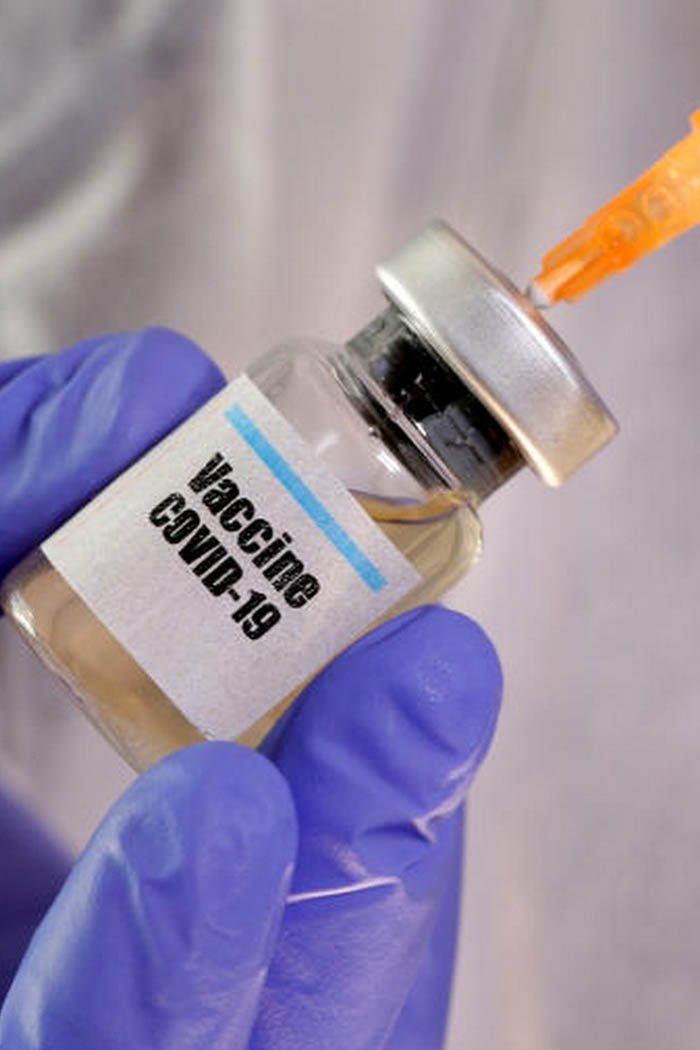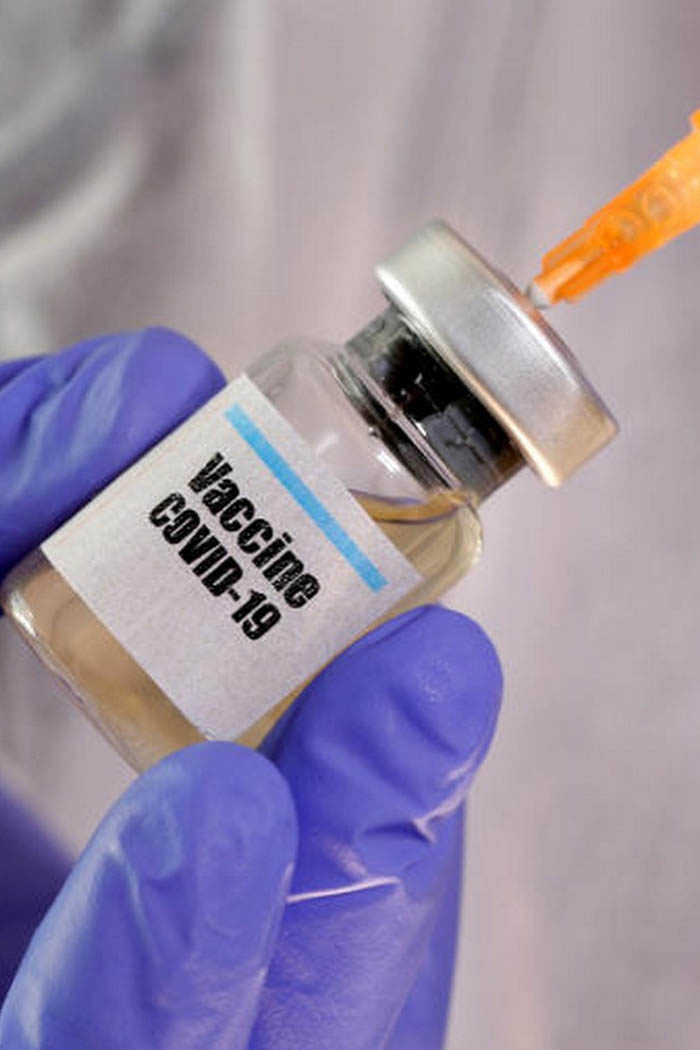Who are they? The many who are immunocompromised, chronically ill, or struggling with long COVID.
- Last week, the public health emergency first declared by federal health officials in January 2020 ended, bringing about a number of changes to resources and the government response.
- The federal government will stop buying tests and treatments to be given out for free, and those will now be covered by health insurance.
- The Centers for Disease Control will sunset some COVID data tracking but will continue genetic analysis on variants and monitor hospitalizations and deaths.
What’s the big deal? For those who are at higher risk from COVID, the end of the public health emergency doesn’t mean they can let their guard down against the coronavirus.
- Vivian Chung, a pediatrician and research scientist from Bethesda, Md. is immunocompromised and could face serious health complications if she were to contract COVID.
- She spoke to NPR about how she is still forced to take precautions that many have left behind — like avoiding long flights and indoor dining — and how she still wears a mask in public.
- “I have people walk up to me just on the street to say, ‘Oh, don’t you know that COVID is over?’”
- About 7 million people in the U.S. are immunocompromised. World Health Organization records show that, globally, nearly 7 million deaths have been reported to the organization. However, WHO director-general Tedros Adhanom Ghebreyesus said earlier this month “We know the toll is several times higher — at least 20 million.”


